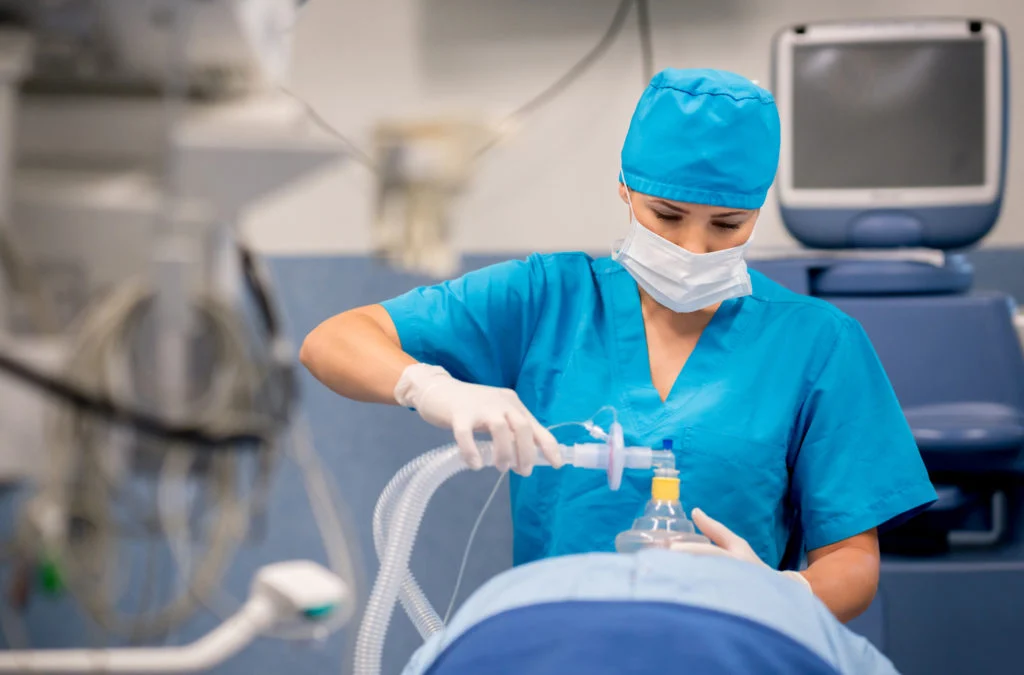Emergency Line
+91 75609042178
• Surgical extraction of impacted or embedded teeth, including wisdom teeth.
• Open reduction and internal fixation (ORIF) for facial bone fractures (mandible, maxilla, zygomatic).
• Orthognathic (corrective jaw) surgery for treating jaw deformities and bite issues.
• Tumor and cyst removal surgeries, including benign and malignant oral lesions.
• Cleft lip and palate repair surgery for congenital craniofacial anomalies.


• Medical management of facial infections and oral pathologies (antibiotics, anti-inflammatories).
• Non-invasive treatment for temporomandibular joint (TMJ) disorders, like occlusal splints and physiotherapy.
• Facial trauma assessment and conservative management of minor fractures without surgery.
• Management of oral ulcers, mucosal lesions, and pre-cancerous conditions through medications and monitoring.
• Pain management and supportive care for maxillofacial conditions, including neuropathic facial pain.
Knee pain can be caused by various factors, including osteoarthritis, injuries (such as ACL tears or meniscus damage), overuse, and underlying medical conditions like gout or rheumatoid arthritis. Accurate diagnosis is crucial for effective treatment.
While home remedies may provide temporary relief, it’s essential to consult a doctor for proper diagnosis. However, some common self-care measures include resting the knee, applying ice, compression, and elevation (RICE), over-the-counter pain relievers, and maintaining a healthy weight.
You should consult an orthopedic specialist if knee pain is severe, persistent, or accompanied by swelling, redness, warmth, or inability to bear weight. Early diagnosis and treatment can prevent further complications.
Treatment options vary depending on the cause and severity of knee pain. Non-surgical approaches include physical therapy, medications, and injections. In some cases, surgery may be necessary, such as arthroscopy, osteotomy, or knee replacement.
Recovery time depends on the specific treatment and the severity of the condition. Non-surgical treatments often involve gradual improvement over weeks or months. Surgical recovery varies, but it typically requires physical therapy and rehabilitation to regain strength and mobility.